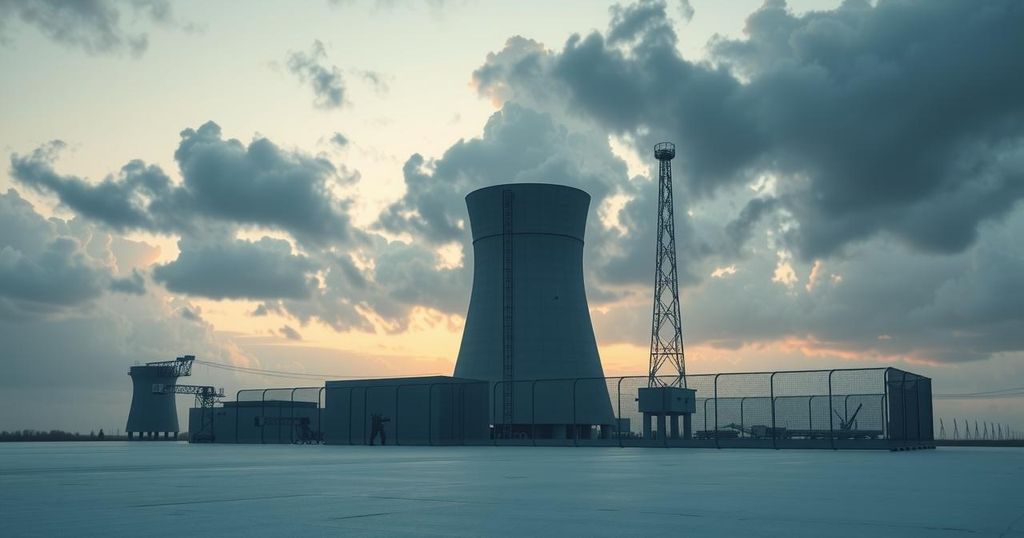Iranian President Masoud Pezeshkian asserted that enemies may strike nuclear facilities, but Iran can rebuild them. This comment followed reports of potential Israeli military action against Iran. U.S. President Trump expressed a desire for diplomatic negotiations to prevent such conflict. Iran’s air force commander emphasized a strong defensive posture in response to any attacks, signaling ongoing regional tensions.
On February 13, 2025, Iranian President Masoud Pezeshkian stated that while Tehran’s adversaries might attempt to target its nuclear facilities, they would never be able to eliminate Iran’s capacity to establish new ones. This assertion followed a report by the Washington Post suggesting that U.S. intelligence anticipates a potential pre-emptive strike by Israel against Iran’s nuclear program within the year. Pezeshkian emphasized, “They threaten us that they will hit nuclear facilities… If you (the enemy) strike a hundred of those we will build a thousand other ones… You can hit the buildings and the places but you cannot hit those who build it.”
Conversely, U.S. President Donald Trump remarked on the likelihood of Israeli military action against Iran during an interview. He expressed a preference for negotiating a deal with Iran to prevent the country from acquiring nuclear weapons, stating, “Everyone thinks Israel, with our help or our approval, will go in and bomb the hell out of them. I would prefer that not to happen.”
On the same day, Iran’s air force commander, Hamid Vahedi, reiterated the nation’s defensive stance, asserting that Iran would respond decisively to any attacks from adversaries. This statement highlights the ongoing tensions between Iran and Israel, exacerbated by previous military exchanges amid the broader context of Israel’s operations in Gaza.
As both nations remain embroiled in a cycle of threats and tactical responses, the potential for further escalation in the region looms large. The dialogue surrounding Iran’s nuclear capabilities continues to signify a pivotal dynamic in international relations, especially in the Middle East.
In summary, Iran maintains that it can expand its nuclear capabilities despite external threats. Iranian leadership expresses resilience against any potential Israeli attacks, while the U.S. administration indicates a preference for diplomatic solutions. Heightened tensions between Iran and Israel underscore the regional instability and influence nuclear discourse on international relations moving forward.
Original Source: indianexpress.com






